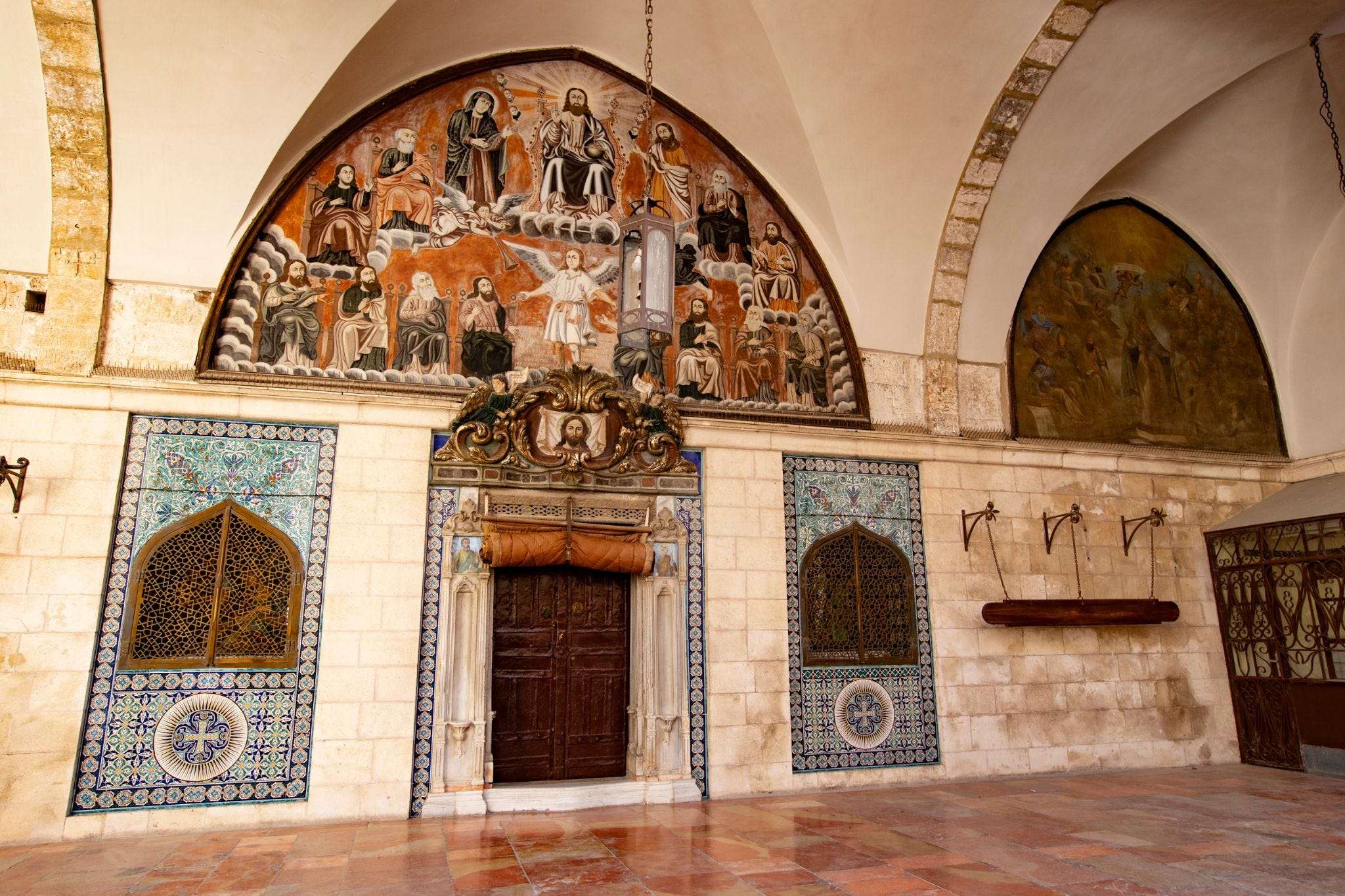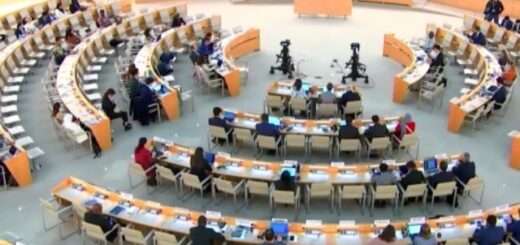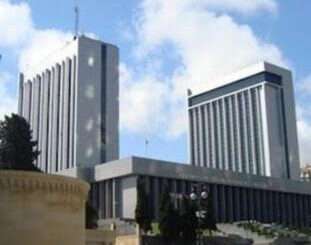Armenian Patriarchate: Jerusalem tax dispute part of campaign against Churches

The patriarchate has described the debt as “astronomical and illegal.”
The Armenian Patriarchate of Jerusalem has suffered another legal blow, as local authorities have said its municipal tax case will be resolved in court, rather than by a special committee, as authorities had promised in February.
The abrupt change of course is the latest development in a months-long dispute between the patriarchate and local authorities, in a case that is being monitored attentively by other Christian communities in the region, who fear they could face similar demands for tax payments.
The Armenian Patriarchate of Jerusalem is part of the Armenian Apostolic Church, an Oriental Orthodox Church and the largest religion in Armenia, accounting for 97% of the population.
On Sept. 22, the patriarchate announced that local authorities had requested its representatives to appear in court over a tax dispute involving the arnona tax, a property tax levied by municipalities in Israel.
According to the municipal government, the Armenian Patriarchate of Jerusalem owes an arnona debt accrued since 1994. The tax calculation is based on property size and is one of the main sources of income of Israeli municipalities.
But the patriarchate has said the debt has been unfairly and opaquely determined, that there are not clear explanations of the city’s figures, and that calculations did not consider the statute of limitations or follow the correct procedures for notification.
The patriarchate has described the debt as “astronomical and illegal.” Observers allege it is part of a pattern of such demands leveled against churches in the city.
The patriarchate had originally been instructed to attend a court hearing regarding the dispute.
But in February, after objections from numerous Christians Churches in Jerusalem, the patriarchate said it was informed that the court hearing had been cancelled and the matter would be resolved through a special government committee, established in 2018 to handle property tax disputes with Christian communities.
The decision was interpreted at the time as a sign of goodwill on behalf of Israeli authorities.
Now, the patriarchate says, the sudden reversal of that decision “raises serious questions about the sincerity of the process and the willingness of the authorities to engage in good faith negotiations.”
The patriarchate said in its Sept. 22 statement that it has “placed sincere trust in this process and welcomed the dialogue through the committee.”
“It is therefore with disappointment and concern that we now approach a new hearing date, while the dispute has not been redirected to the appropriate governmental channels.”
On Sept. 26, a statement signed by the Patriarchs and Heads of Churches in Jerusalem said the churches “continue to stand united behind the Armenian Patriarchate in their call for the authorities to engage in good faith negotiations.”
Back in February, a joint statement from the Patriarchs and Heads of Churches of Jerusalem alleged that the municipality had not followed due process in its attempts to collect the debt.
“It is inconceivable that Christian institutions, whose mission for centuries has been to safeguard faith, serve communities, and preserve the sacred heritage of the Holy Land, should now face the threat of property seizure under Israeli administrative measures that disregard due process,” the February statement said.
“Particularly alarming is the municipality’s attempt to enforce a debt determination without judicial scrutiny, and in defiance of the governmental committee established to negotiate such matters in good faith. This reckless move jeopardizes the Orthodox Armenian Patriarchate and sets a perilous precedent that could imperil Christian institutions throughout the Holy Land,” the statement said.
“Through a confiscation of assets, attempts to the right of existence of the Orthodox Armenian Church, depriving it of the necessary economic resources to live and operate and depriving the local Armenian people of the pastoral care of their Church,” it added.
The patriarchate warned in its statement that its tax dispute is part of a broader pressure campaign faced by Christian churches in the Holy Land, asking the Israeli government to protect the rights of Christian institutions in Jerusalem from “unprecedented financial pressures.”
Although the dispute involves only the Armenian Orthodox patriarchate, other Christian communities fear they may face a similar fate – in 2018, the municipality tried to enforce a similar debt collection against all Christian churches in the Holy Land, but the push was eventually stopped.
According to The National, the Latin patriarchate and other Orthodox patriarchates fear that the current push in the Armenian Quarter could set a precedent that would be applied to other Christian communities in the Holy Land.
Moreover, tensions between Christian communities and Israeli authorities have grown because of an increase in the number and intensity of attacks against Christians.
Attacks on Christians in Israel have increased in recent years. The nonprofit group Aid to the Church in Need has reported “a worrying increase in severe property and physical assaults” since 2023.
In 301, Armenia became the first country in the world to adopt Christianity as an official religion. The Armenian Apostolic Church severed ties with the Catholic Church in 610 after rejecting the Christological formula of the Council of Chalcedon.
Although the Armenian presence in the Holy Land dates back to the fourth century, the patriarchate itself started in the seventh century when the Armenian Apostolic Church started appointing its own patriarchs of Jerusalem, making it the longest uninterrupted Christian community in the Holy Land.
The Armenian Patriarchate of Jerusalem owns a significant number of properties in the Armenian Quarter of Jerusalem, which comprises one-sixth of the Old City of Jerusalem, and occupies its entire southwest corner.
Historically, the Armenian patriarchate funded itself through pilgrim donations. However, during the 1860s, Patriarch Hovhannes X of Smyrna started using pilgrims’ donations to buy and develop properties in the Armenian Quarter, a policy that has continued to this day.





